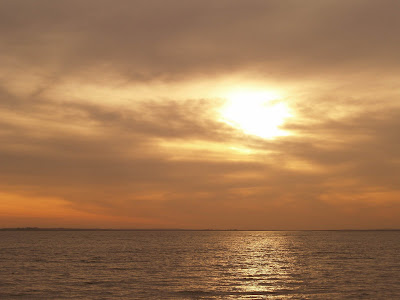
Very interesting sequence of posts about shamanism beginning here.
some features of shamanism.
*
Calling: The shaman feels a calling, and may wait many years for that calling to mature.
*
Initiation: The shaman is initiated, very often by terrifying means whereby their fear of death is faced. The community presides over this initiation, although the actual experience is often very solitary.
*
Communal role: The shaman serves the community’s psychological, social and medical needs.
*
Authentic authority: Unlike the priest, the shaman derives their authority not from an institution but from a direct experience with the divine. Furthermore, they can loose their power or gift, and do not have a guaranteed status.
*
Connection with the cosmos: The shaman relates very deeply to community, animals and the world.
*
Peripheral yet central: The shaman often exists somewhat detached at the edges of a community, and is called upon in times of crisis.
*
Playful yet mournful: Many shamanic practitioners have displayed a keen sense of humour, not taking themselves too seriously, and can fulfil a subversive “jester” role. At the same time they are “wounded healers” and experience empathy with the suffering of all people and things.
*
Non-ordinary: The shaman specialises in liminal states, skirting ordinary life. Techniques such as psychotropic plants, sleep deprivation, fasting and rhythm are employed to gain access to these states.
*
Mythmakers: Shamans are masters of myth and symbol. They are rooted in both their particular traditions as well as a collective un/consciousness.
I think this is me, although, in particular, that penultimate point is the one I’m now being called to explore. I tend not to allow that part of my personality a free rein. As well as what I wrote about in my fire post, I think one reason why my dialogue with atheists has flared up again (more on that soon) is because God is bringing something to birth in me via that struggle.
